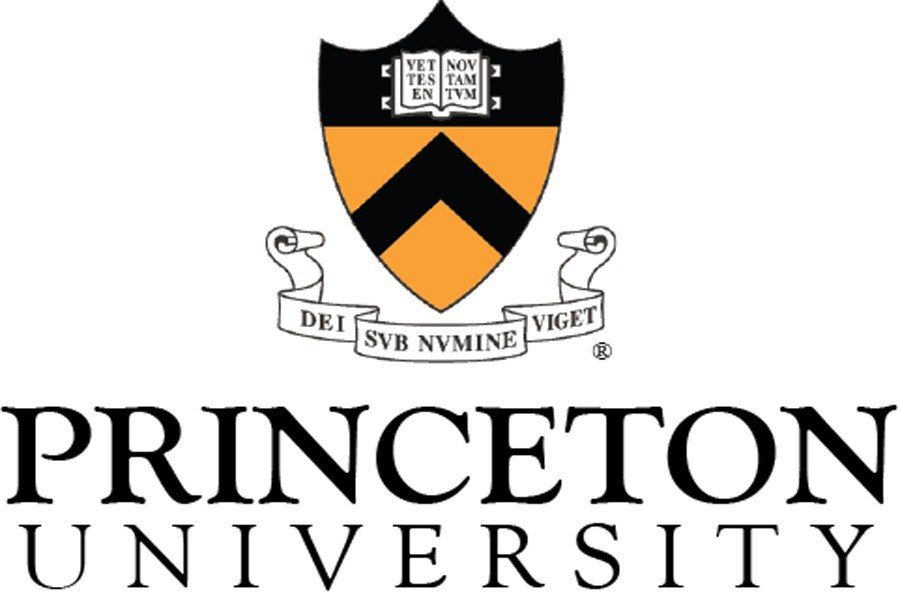Author Toni Morrison, an award-winning writer and Nobel laureate who taught at Princeton University for more than 25 years, died on Aug. 5 at Montefiore Medical Center in New York City.
The Morrison family confirmed Morrison’s death in a statement issued through Princeton University’s Office of Communications. She taught at the university from 1989 – 2006.
“It is with profound sadness we share that, following a short illness, our adored mother and grandmother passed away peacefully last night (Aug. 5) surrounded by family and friends,” the Morrison family said in its statement.
“She was an extremely devoted mother, grandmother and aunt who reveled in being with her family and friends. The consummate writer who treasured the written word, whether her own, her students’ or others, she read voraciously and was most at home when writing,” the statement went on to say.
Morrison earned a bachelor’s degree in English at Howard University and a master’s degree in Literature at Cornell University. She taught at the college level, including Texas Southern University and Howard University.
Morrison, who wrote several novels and co-authored children’s books, won the Nobel Prize in Literature and the Pulitzer Prize in Fiction. She was an editor at Random House in New York City before joining the Princeton University faculty in 1989.
Morrison was the Robert F. Goheen Professor in the Humanities. She taught courses in the humanities and African American studies. She founded the Princeton Atelier, which brought together students and performers and artists such as Peter Sellars, Yo-Yo Ma and Gabriel Garcia Marquez.
Princeton University President Christopher Eisgruber praised Morrison’s “brilliant vision, inspired creativity and unique voice” that reshaped American culture and the world’s literary tradition, in a statement released by the university.
“Through her scholarly leadership in creative writing and African American studies, and through her mentorship of students and her innovative teaching, she has inscribed her name permanently and beautifully on the tapestry of Princeton’s campus and history,” Eisgruber said in the statement.

